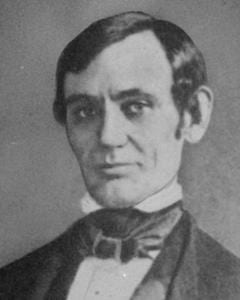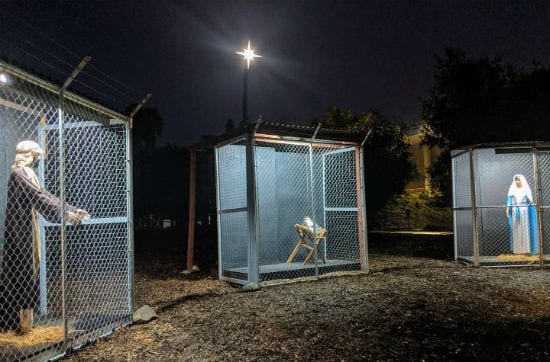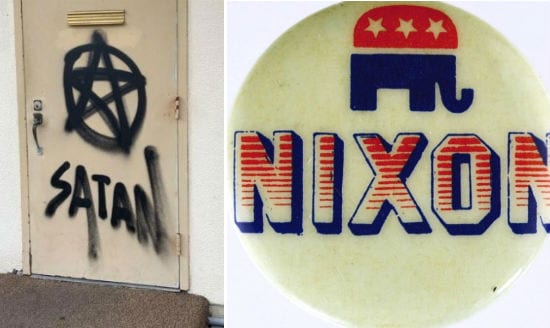Revising and extending my remarks from an earlier comment —
Graham Green was a cynical old bastard, but he was not only a cynic. In order for him to describe cynicism so well, he must have had a place to stand outside of it from which to make his deft observations.
My favorite Green novel, I've said, is Monsignor Quixote, and I love the vision of grace and broken discipleship in The Power and the Glory.
But Greene's most important novel today has to be The Quiet American, in which he tells the tragic story of two unlikely friends: Thomas Fowler and Alden Pyle.
Fowler is world-weary, disillusioned and, if not exactly corrupt, thoroughly compromised. Pyle is in many ways his opposite — young, naive, idealistic. Pyle, Fowler tells us, semi-reliably, was "determined … to do good, not to any individual person, but to a country, a continent, a world." He was innocent, and therefore dangerous:
Innocence always calls mutely for protection, when we would be so much wiser to guard ourselves against it; innocence is like a dumb leper who has lost his bell, wandering the world, meaning no harm.
The two men are presented as opposites — one disillusioned, the other illusioned. If you read the novel — and the world — convinced that Pyle and Fowler represent the only available options, then you are left with despair. Surely there is some option available to us other than inhuman detachment and the violent idealism of plastic explosives.
When one reads the audacious plans of the PNAC — the neoconservative Project for a New American Century — in the light of Greene's novel, what's striking is the way its authors seem to combine the worst elements of both Fowler and Pyle. It exhibits both Pyle's unbridled, hubristic idealism and Fowler's cynical regard for the naked power of imperial hegemony.
(Undersecretary of defense Paul Wolfowitz seems an unquiet heir to Pyle's explosive illusionment. Wolfowitz, oddly, appears as a character in a novel by Saul Bellow — Ravelstein. He also appears in many of Greene's novels, if you know where to look.)
What's particularly annoying — and offensive — is the habit that the PNACes have of treating all of us who disagree with their destructive Pylesque idealism as though we are defenders of Fowler's cynical views (the old "you're objectively pro-Saddam" sophistry). This accusation reveals a despairing failure of imagination, as well as a refusal to listen to what is actually being said.
"Sooner or later one has to take sides if one is to remain human," Greene writes in TQA. I'd like to think that one can do so without the indiscriminate use of plastic explosives.












